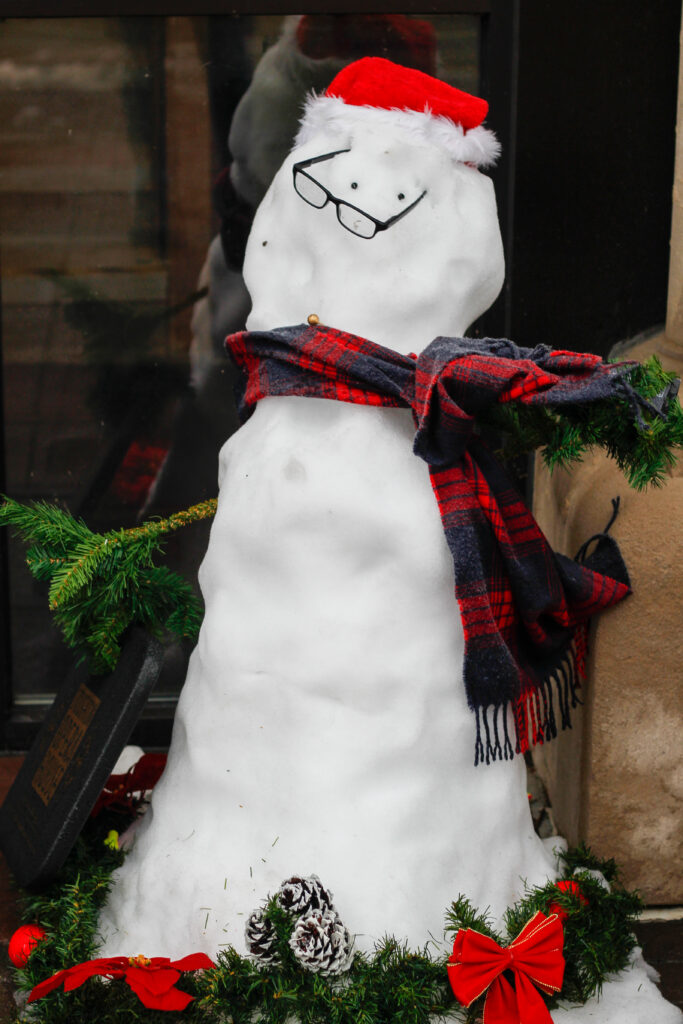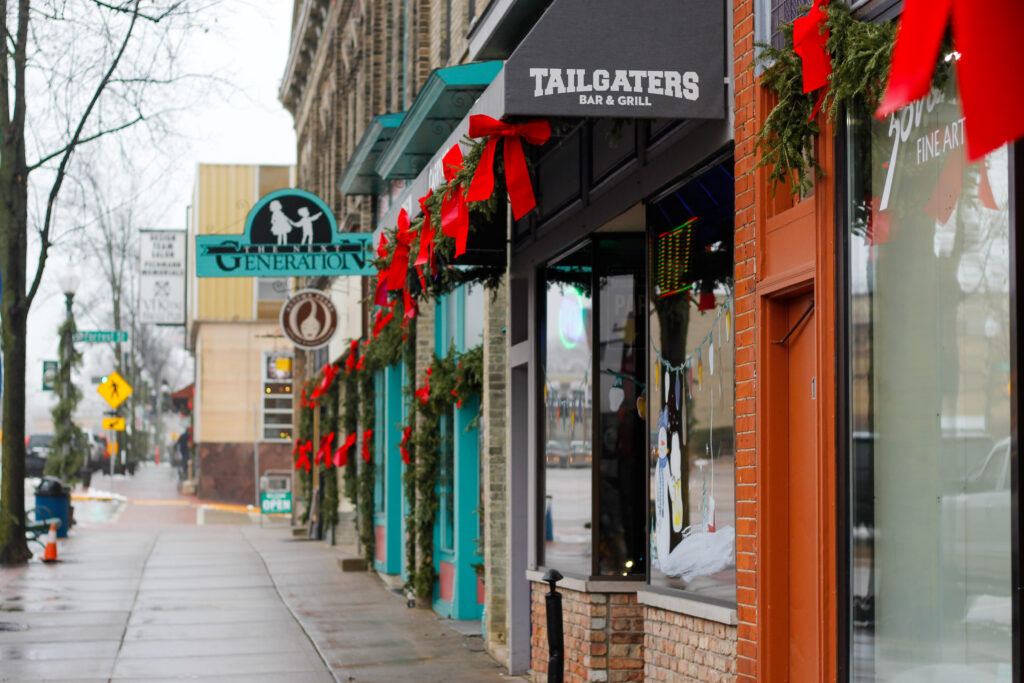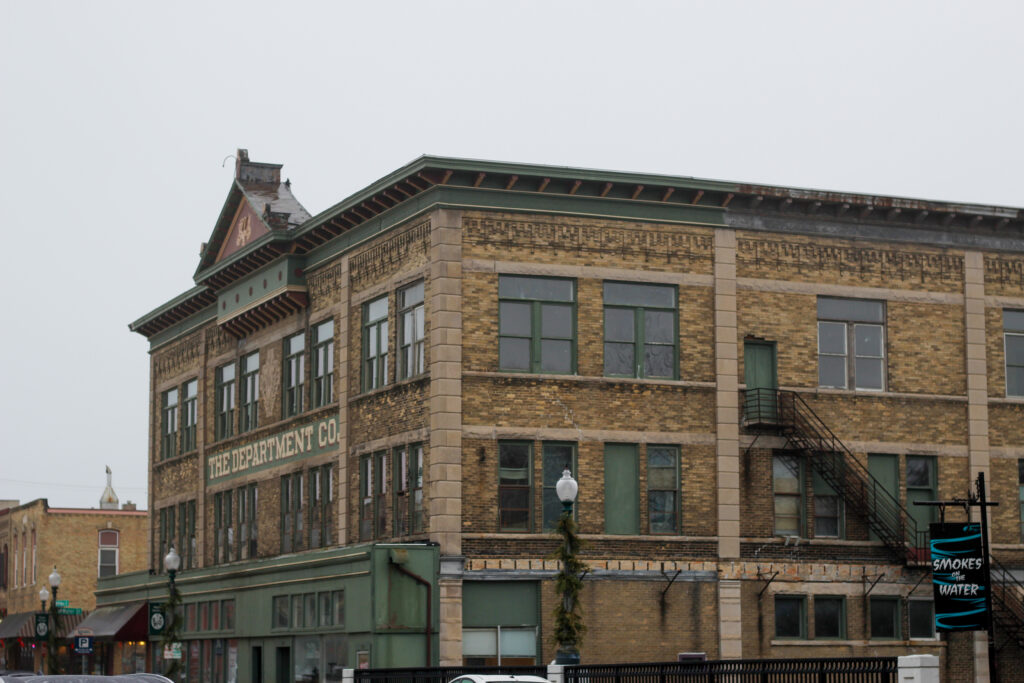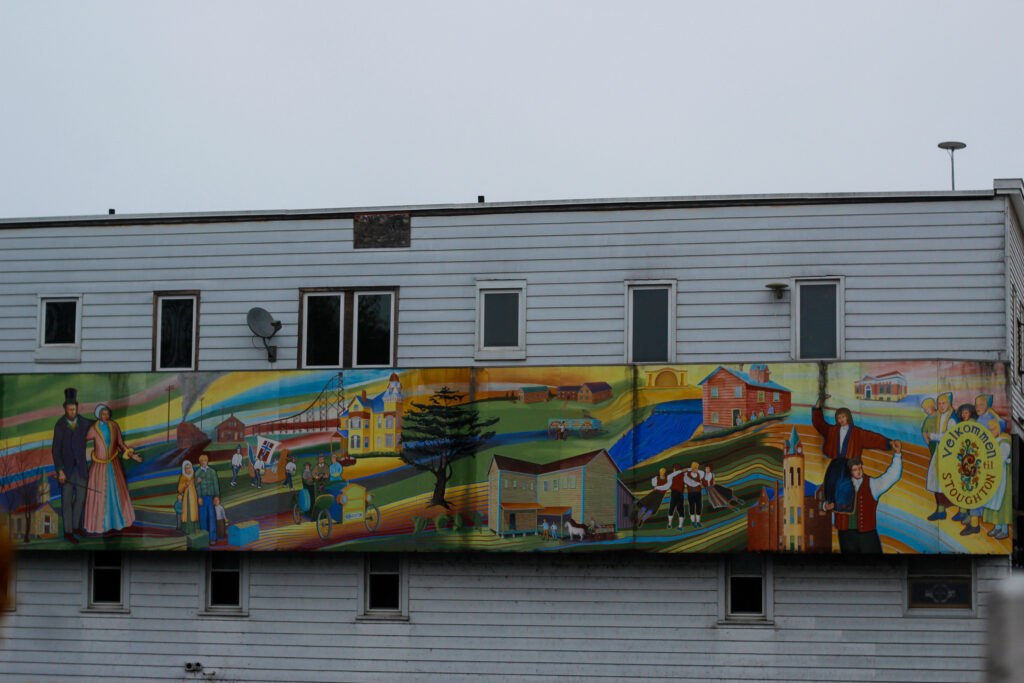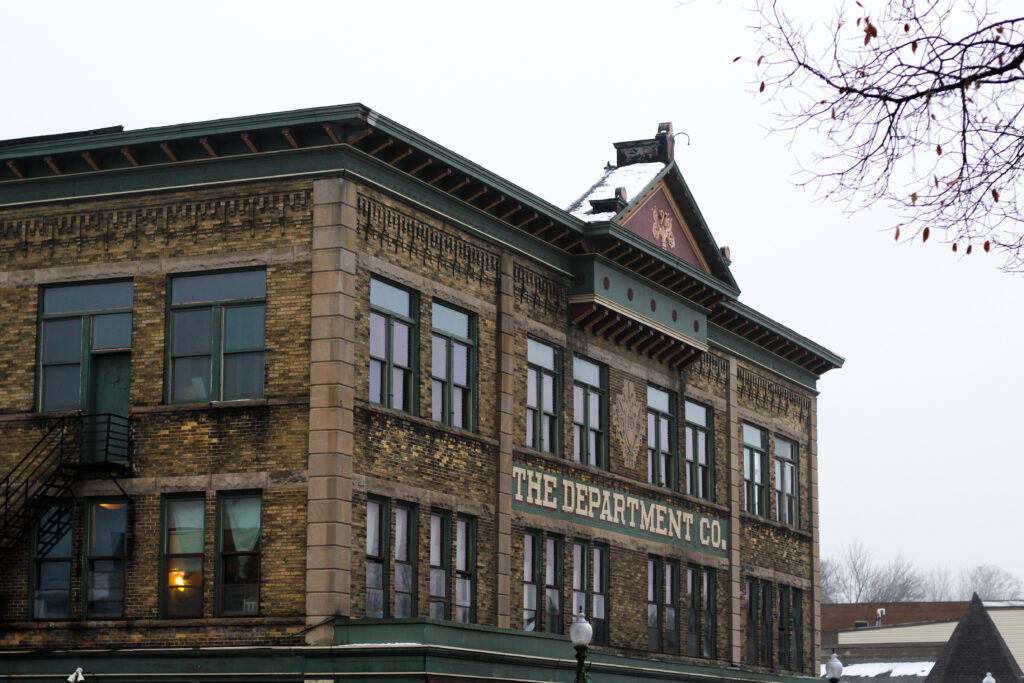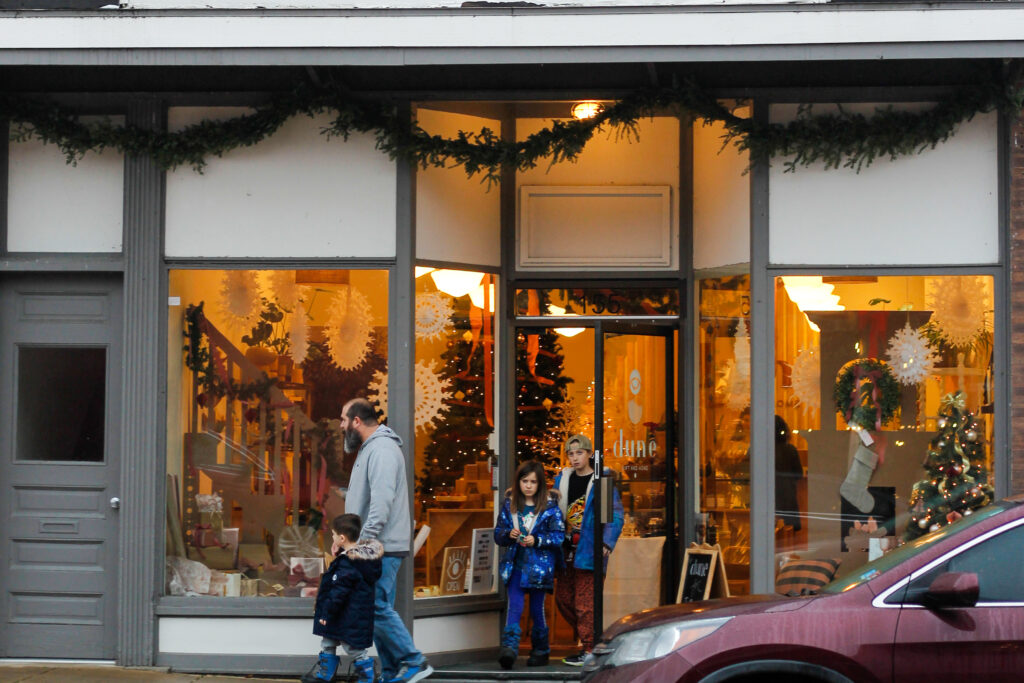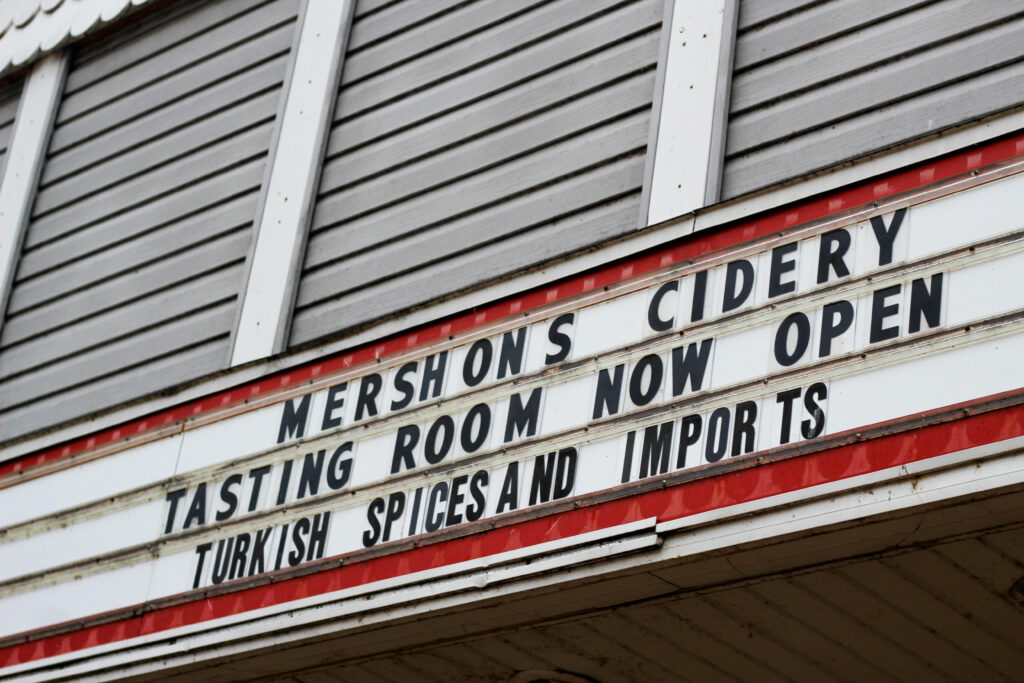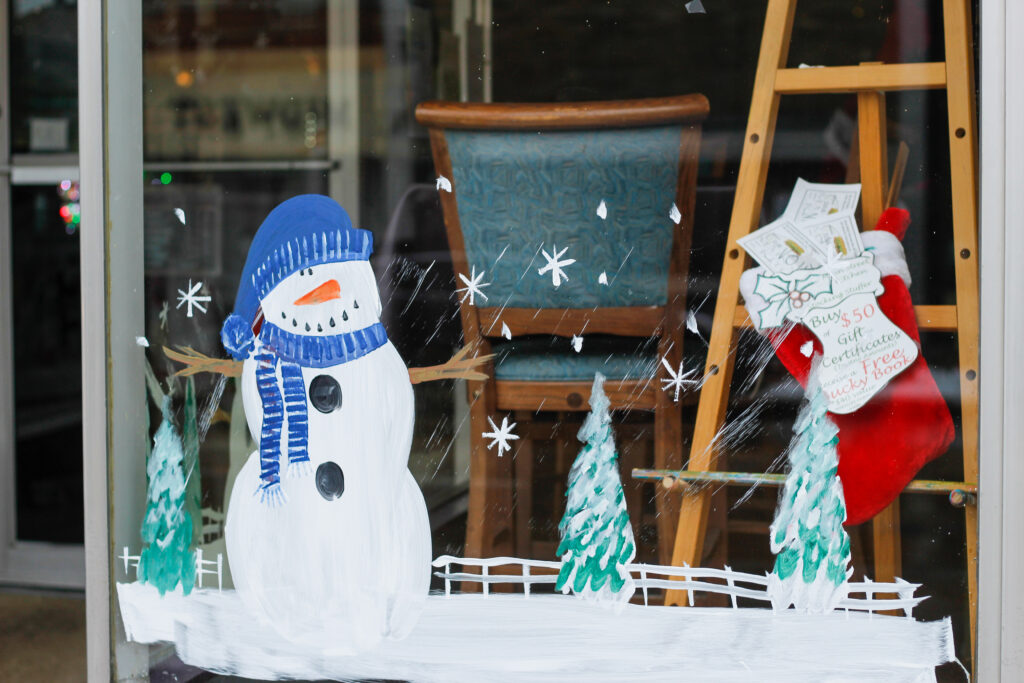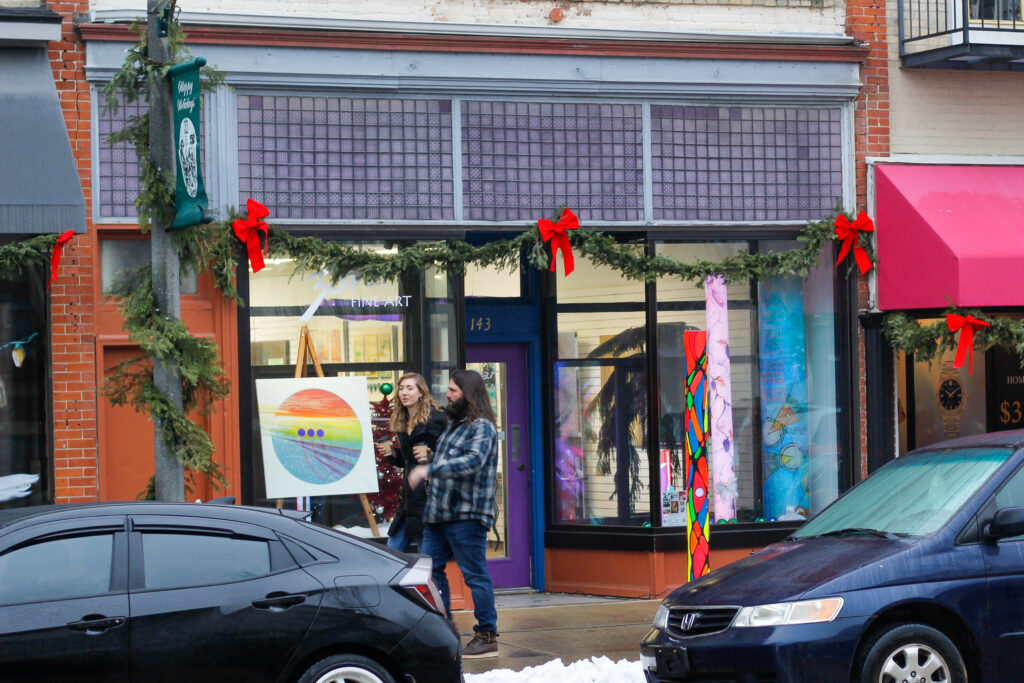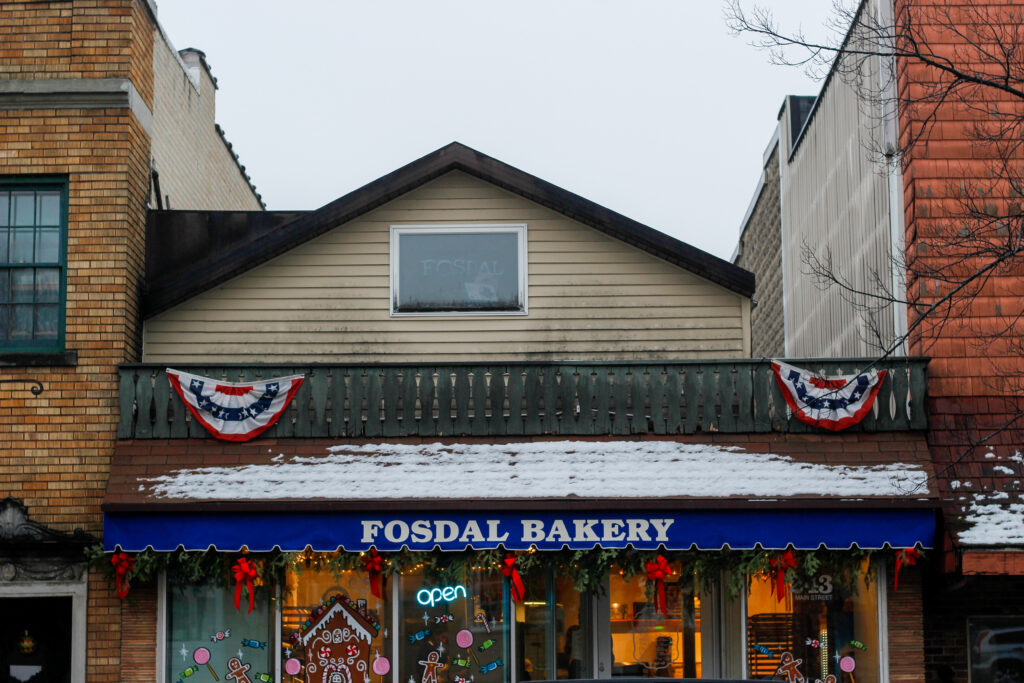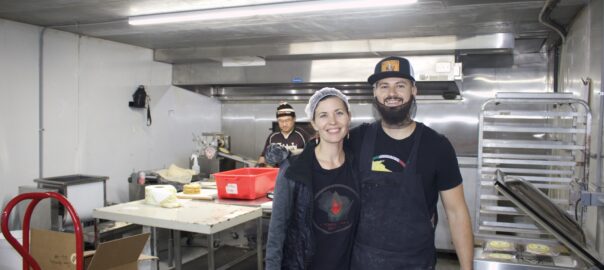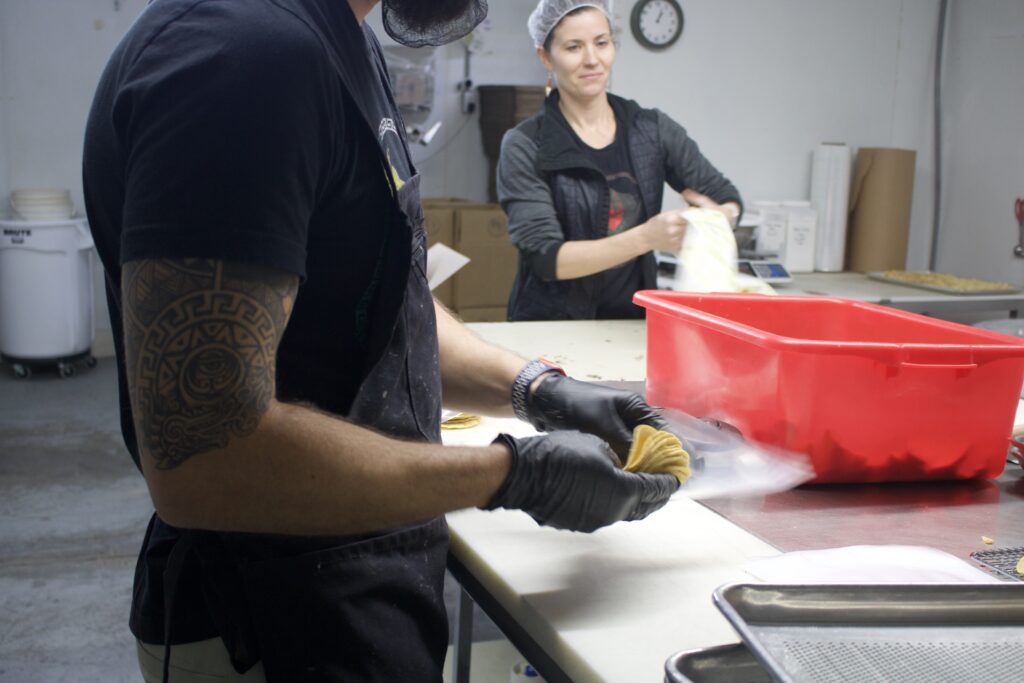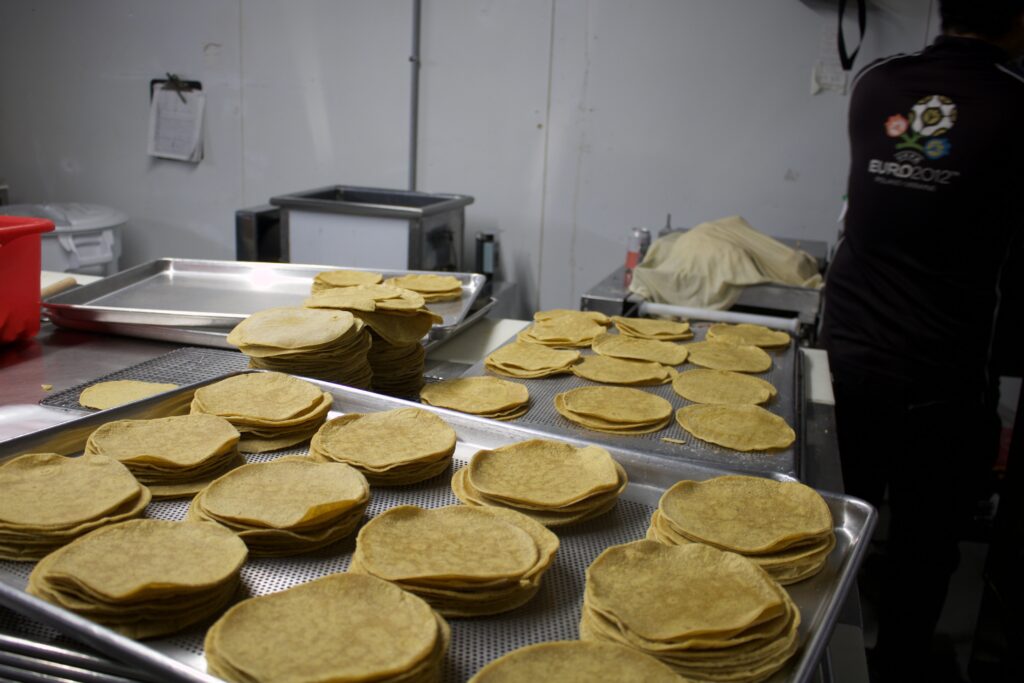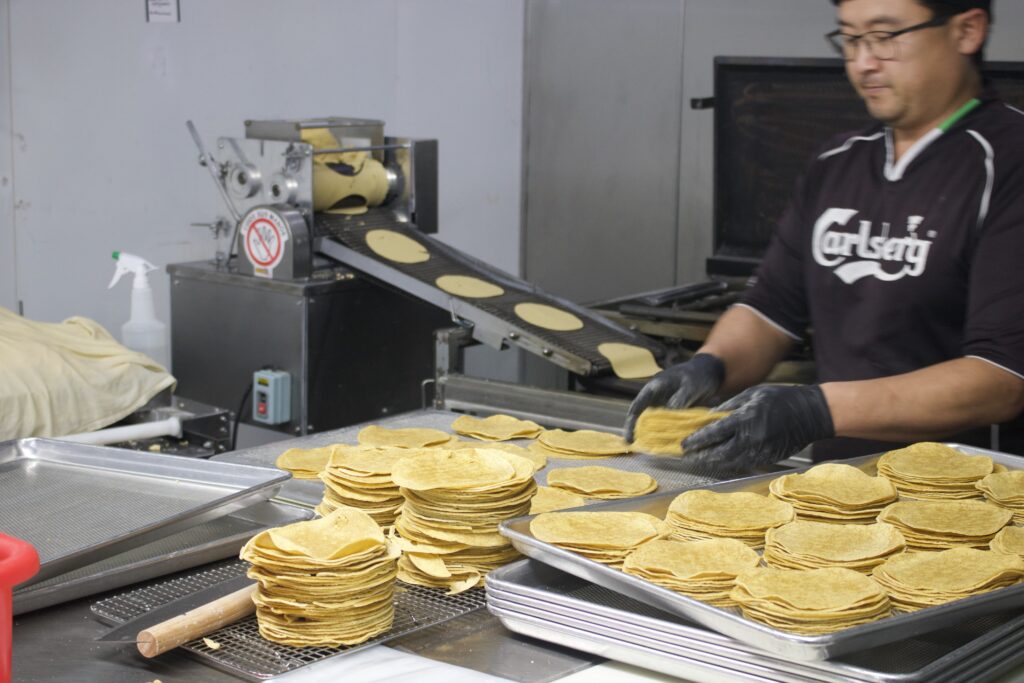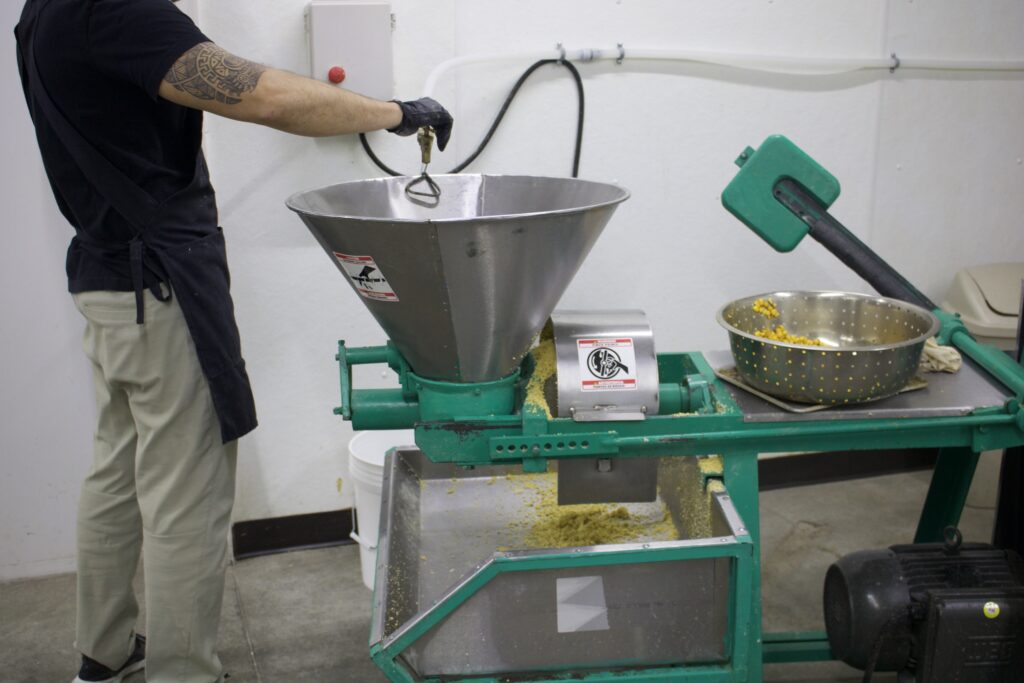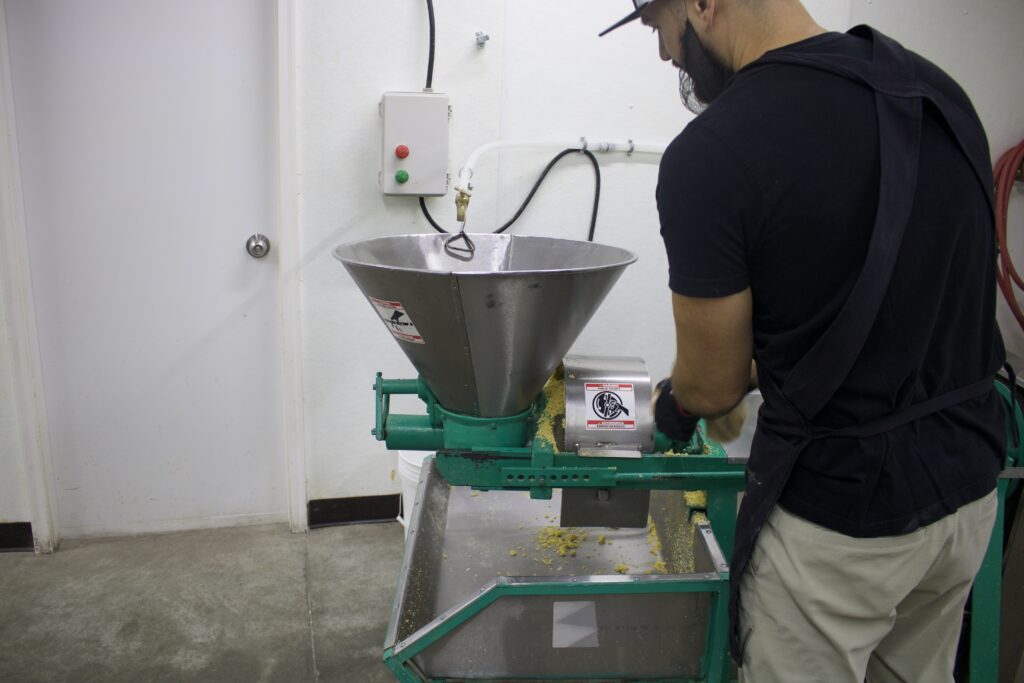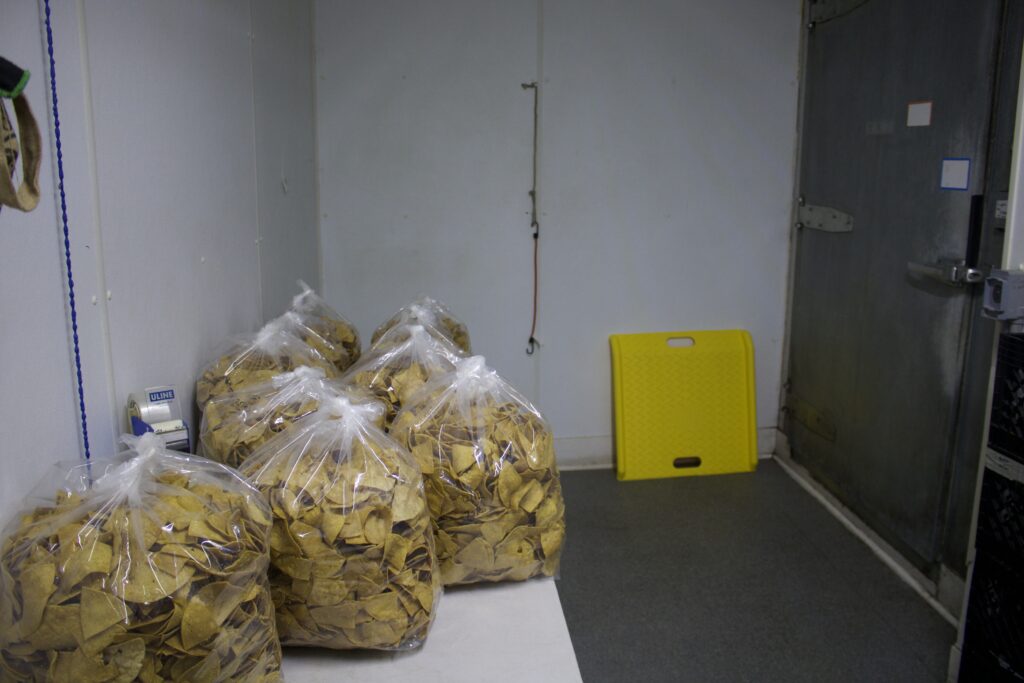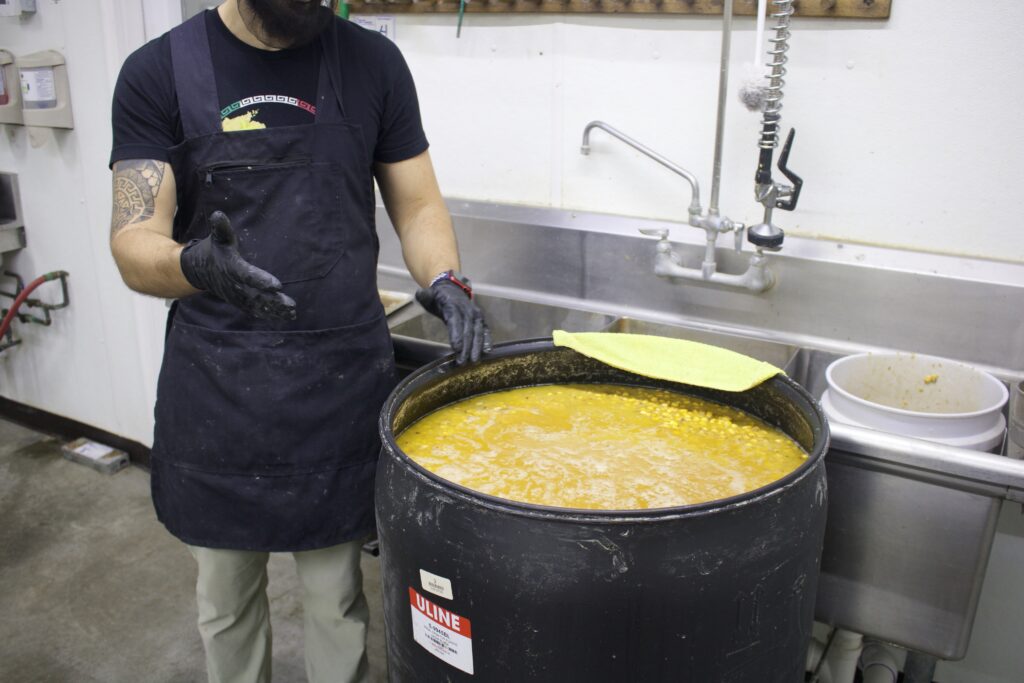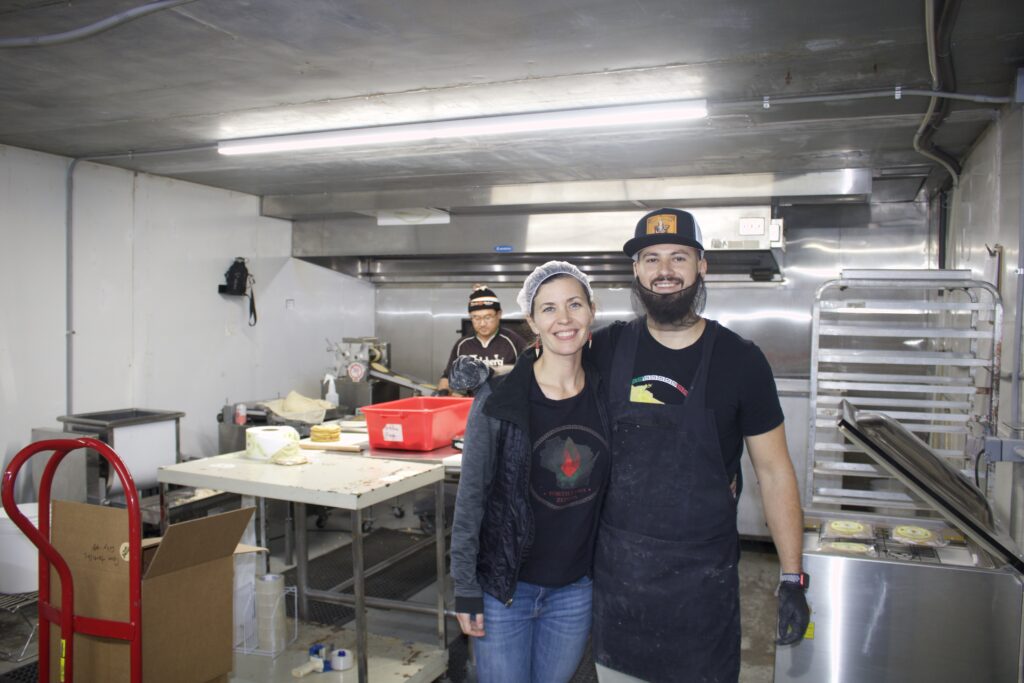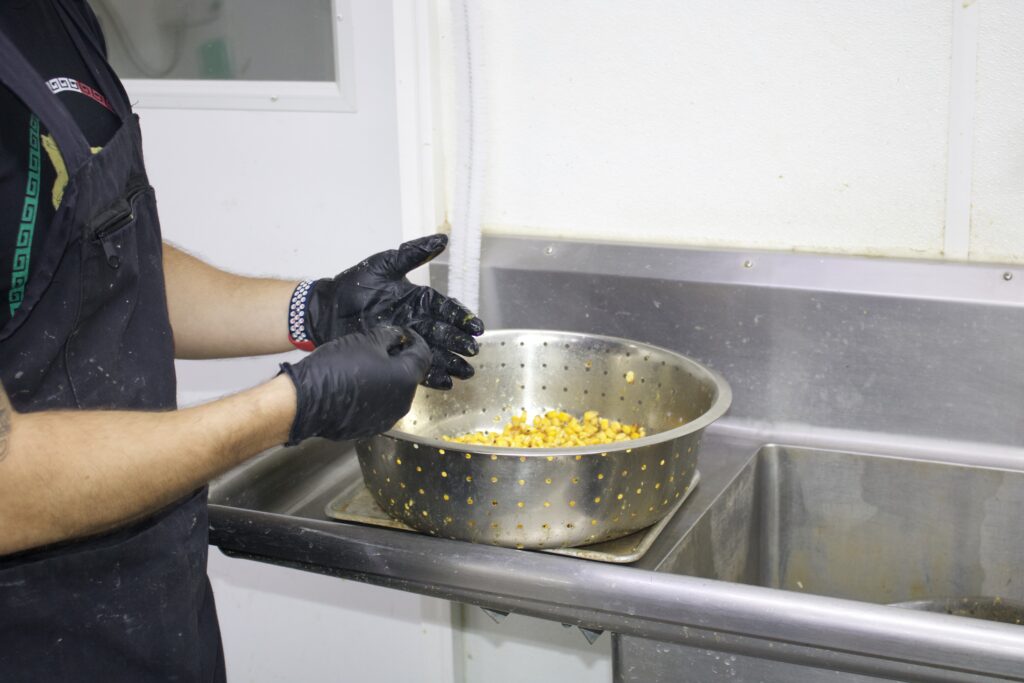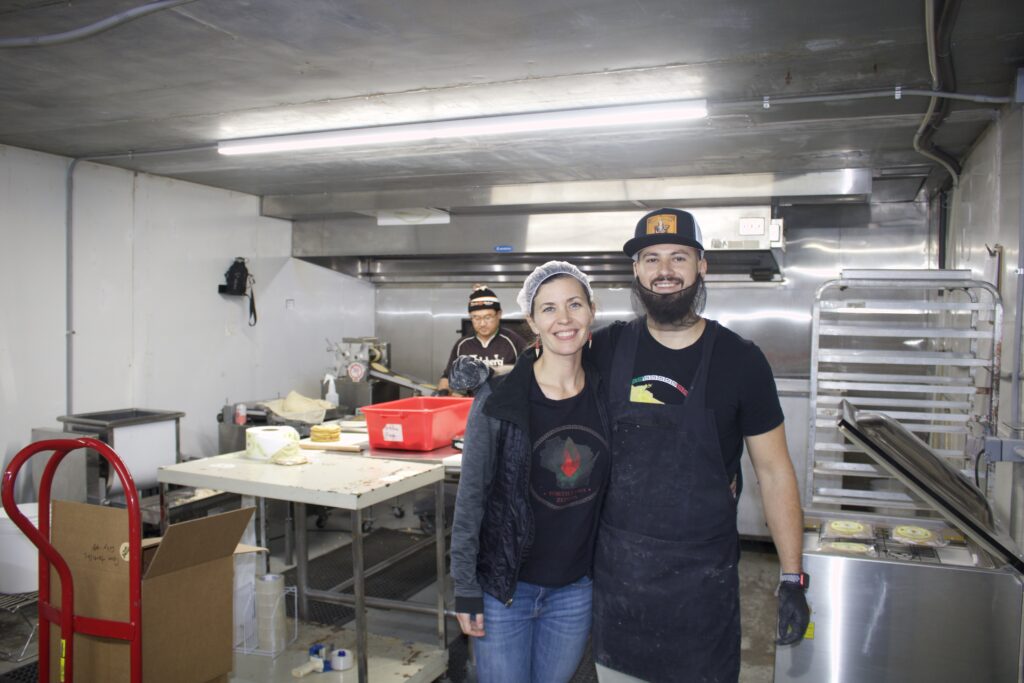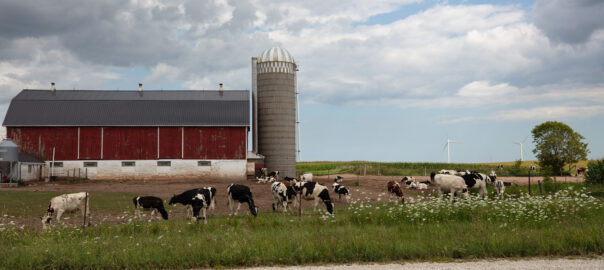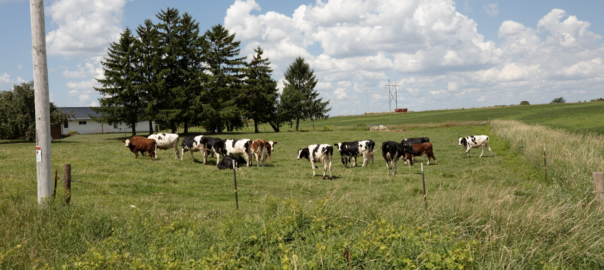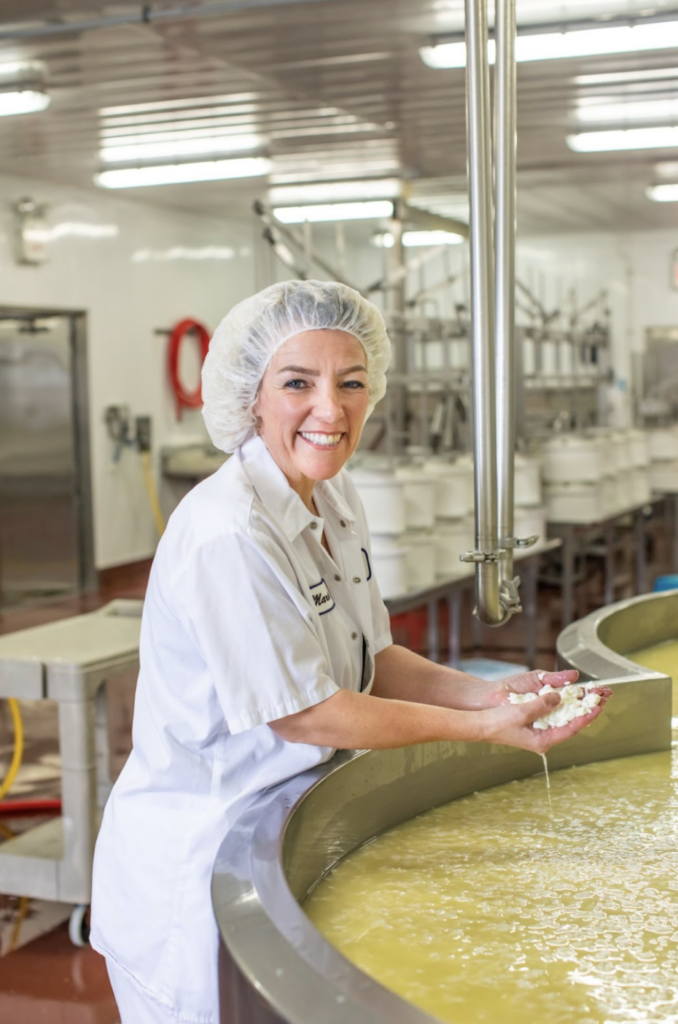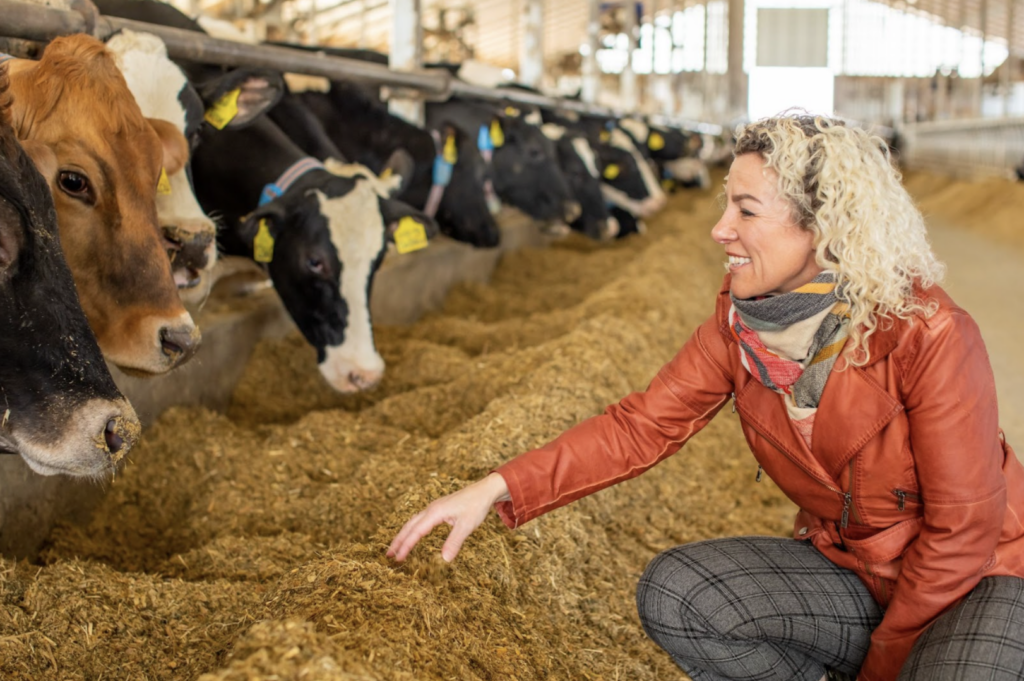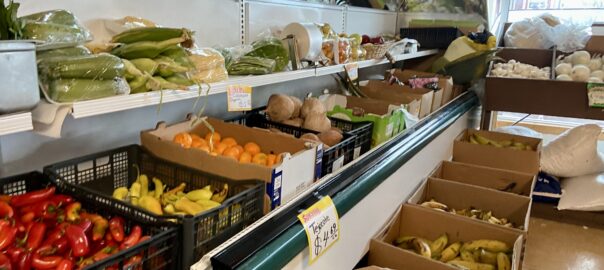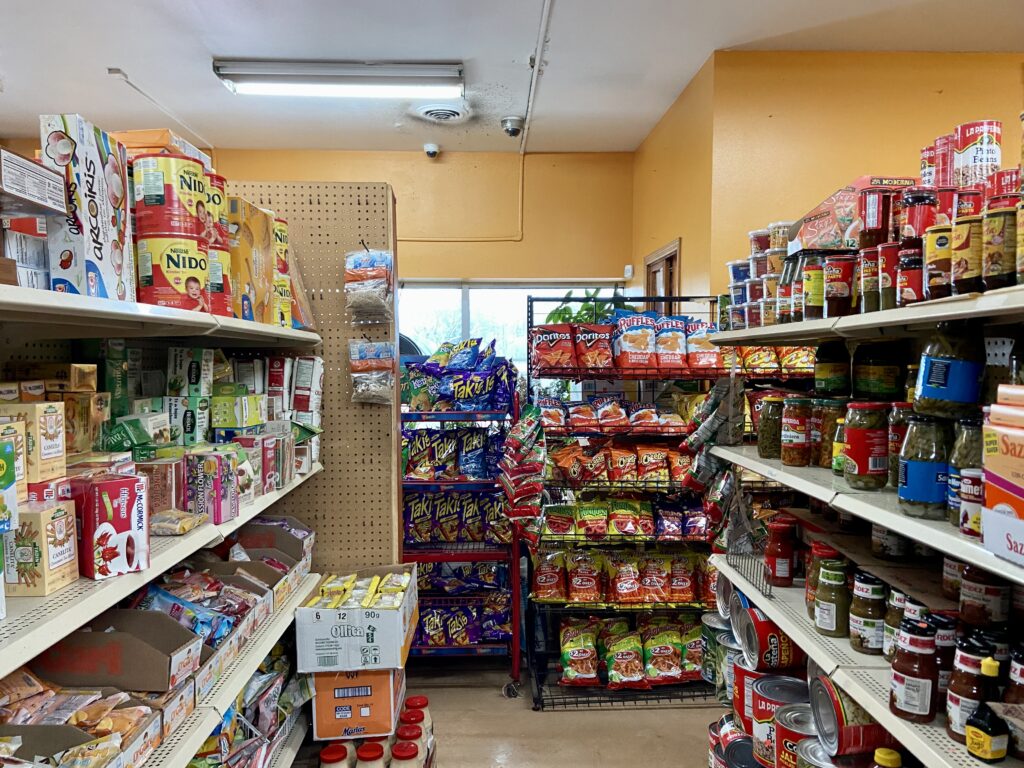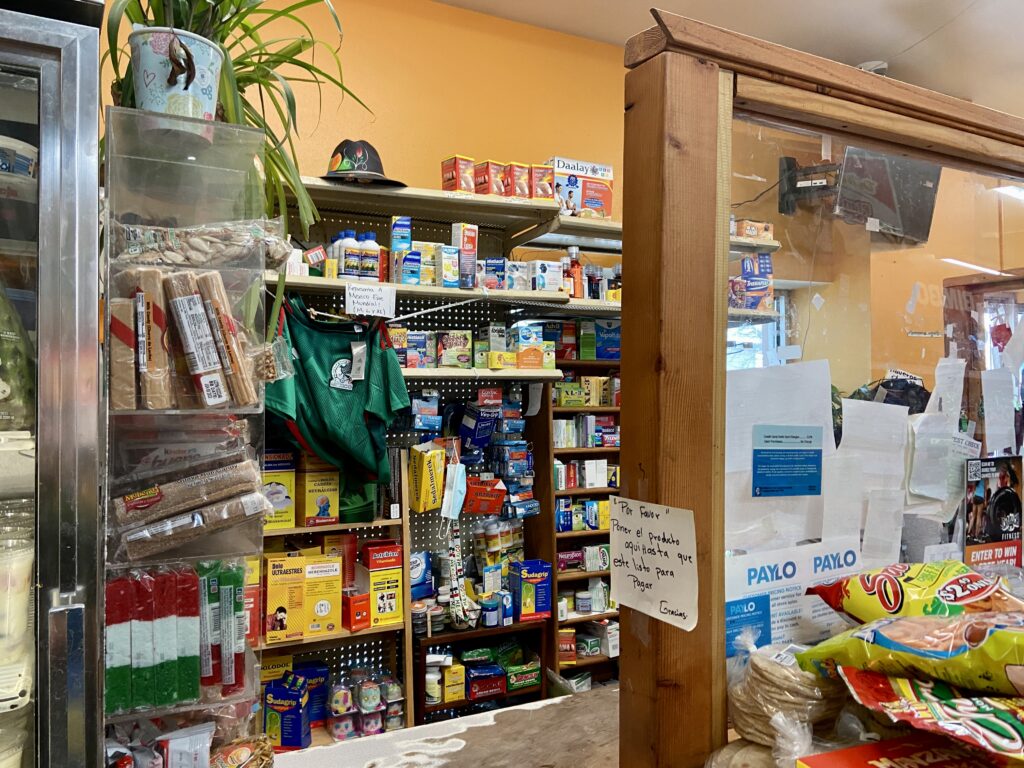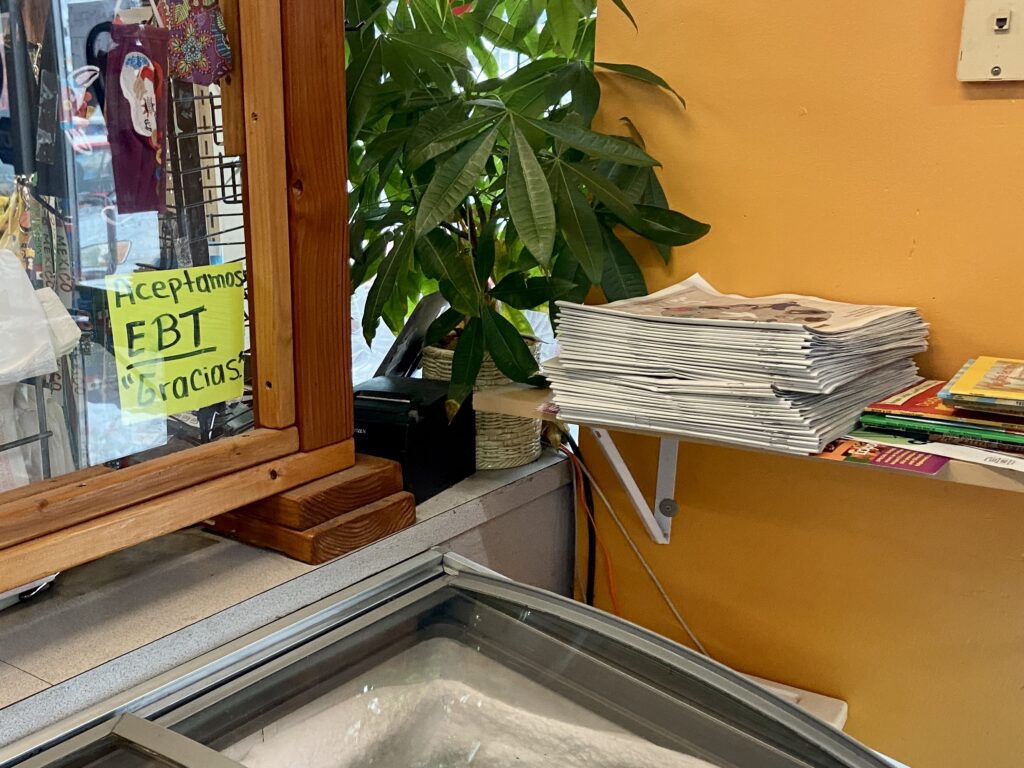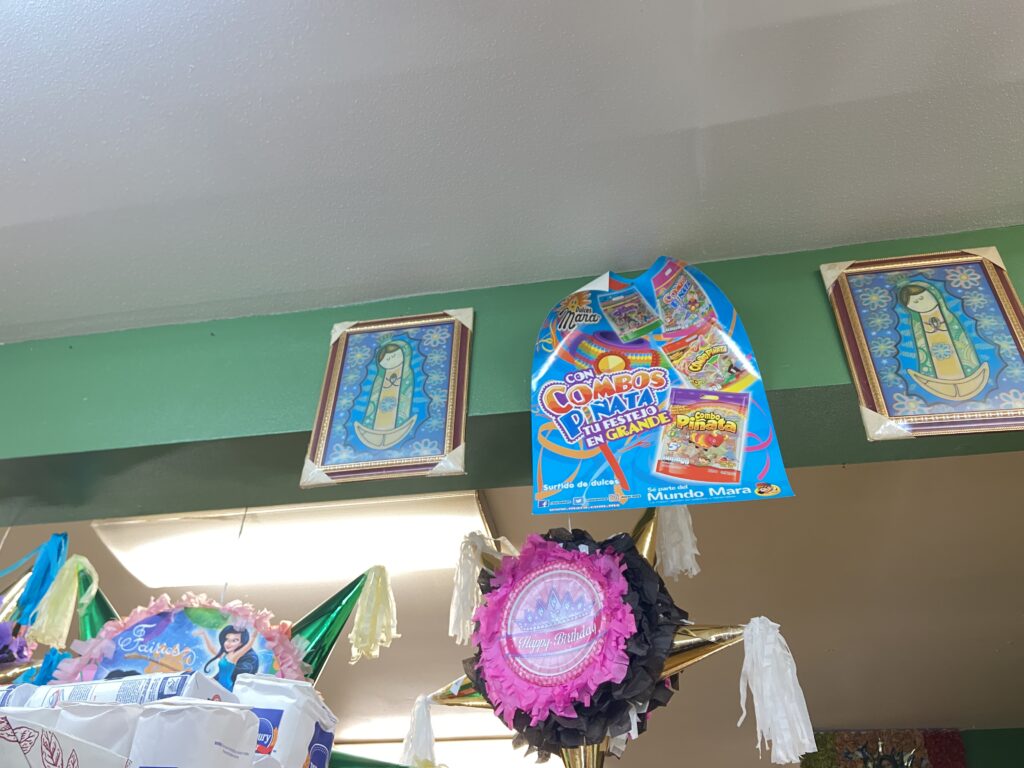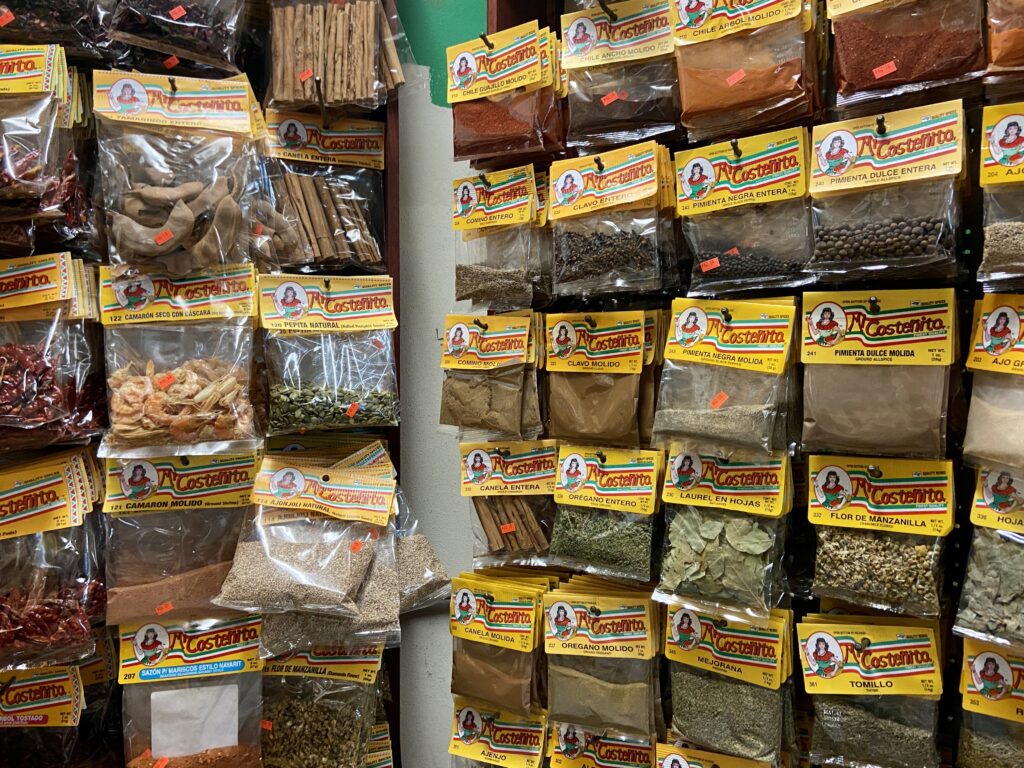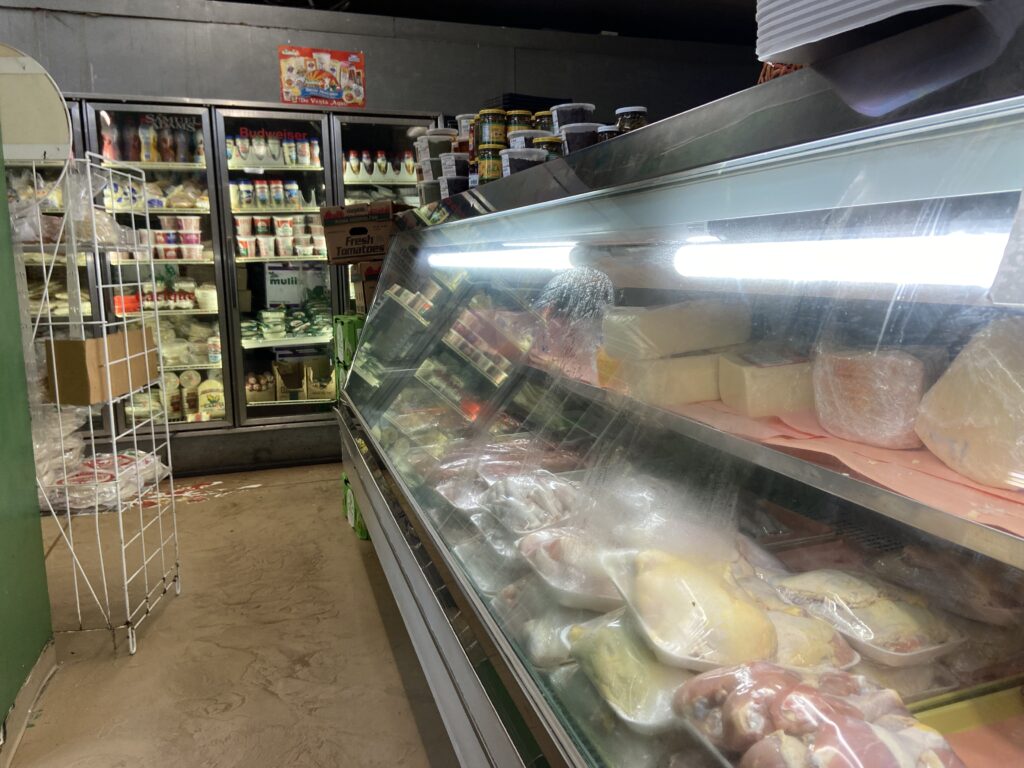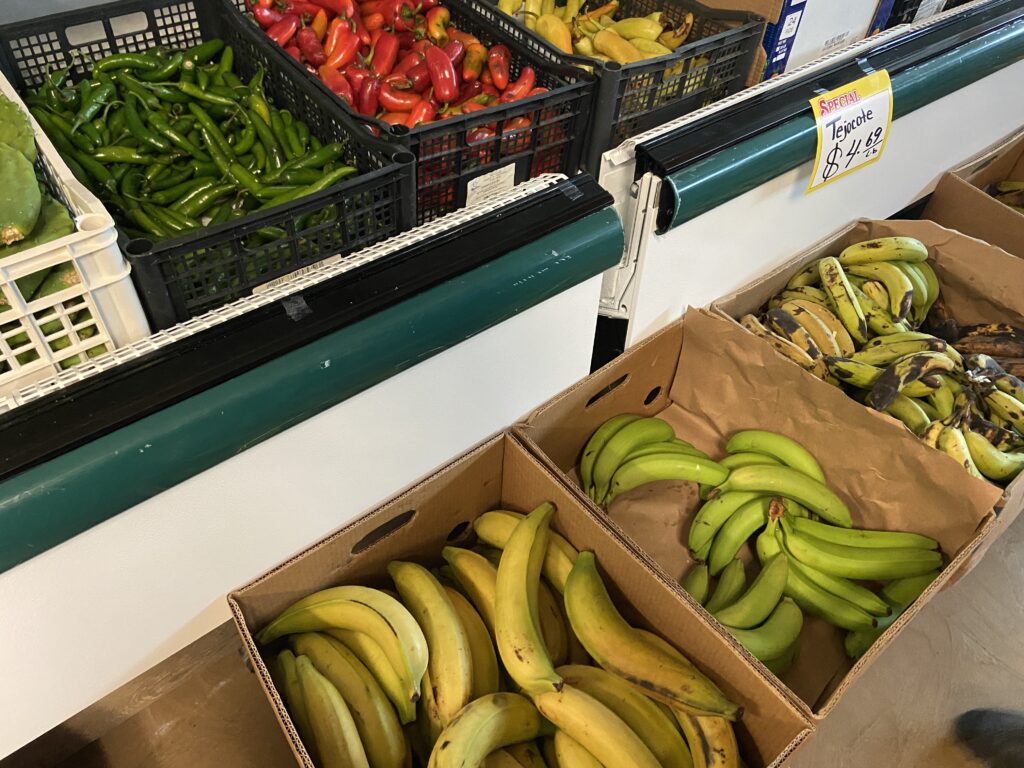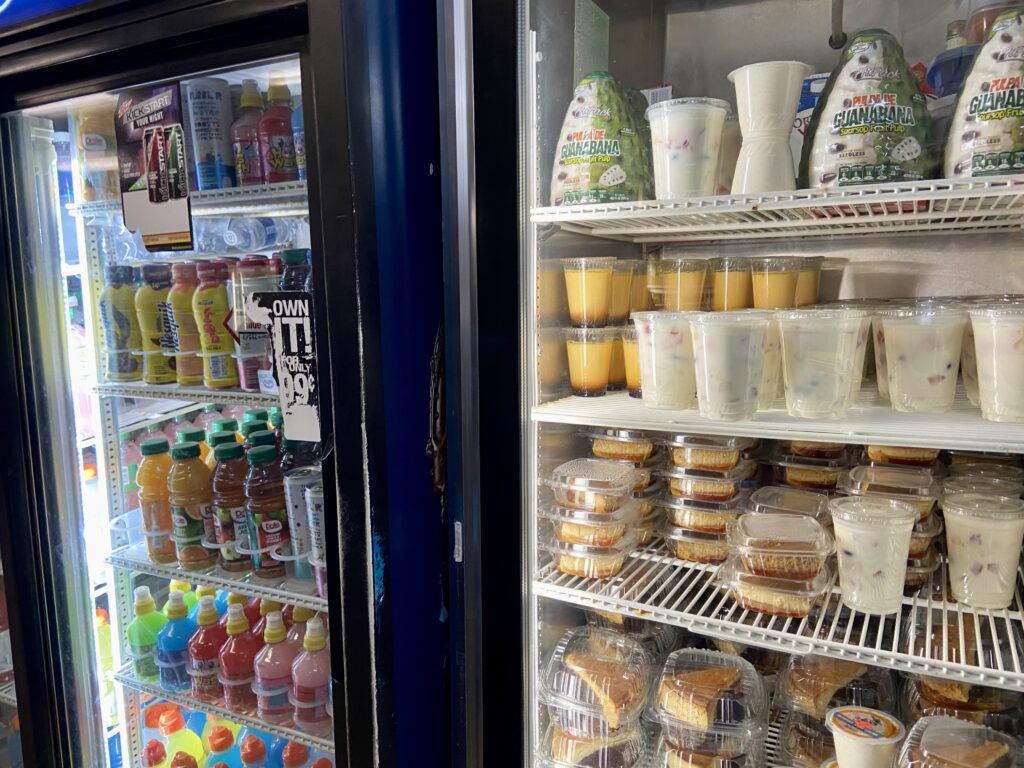Meet some of Wisconsin’s independently owned businesses
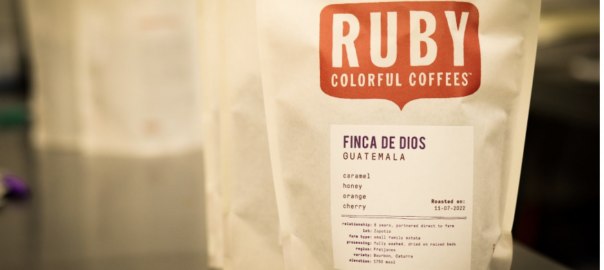
By Abby Bradbury
In a business landscape increasingly dominated by chains and corporations, Wisconsin is home to many unique and independently-owned businesses that have greatly contributed to the state’s culture and history.
Strictly Discs Record Store
Strictly Discs has been “getting physical with music” since 1988. At its home on Monroe Street in Madison, Strictly Discs has two levels of vinyl, CDs and stereo gear and an influx of new releases every week. In addition to having thousands of records from every genre under the sun (with a skew toward jazz and rock), Strictly Discs also buys used records, adding to its ever-growing collection. Strictly Discs takes pride in being female and independently owned, and participates in indie record store culture by celebrating Record Store Day – a day celebrating the unique role record stores play in communities. Strictly Discs commemorates this day each spring by offering exclusive releases and drops.
Ruby Coffee Roasters
Based out of Nelsonville, WI, Ruby Coffee roasts “colorful coffee” with beans hailing from all over the world. Best sellers include a Costa Rica Cerro La Cruz and an El Salvador Talnamica, and Ruby also offers summer and winter seasonal blends. Outside of its Nelsonville roastery domain, Ruby has a Stevens Point cafe location.
Towne Cinema
Nestled in Watertown, a city between Milwaukee and Madison, lives Towne Cinema, an independently-owned movie theater. Since 1913, the cinema has been a cultural fixture in Watertown’s downtown community, opening its doors for school rentals and to private and public birthday parties, in addition to showing films at the fixed rate of $3. As chain movie theaters and eventually streaming became the norm in the film industry, the Towne Cinema was able to raise funds from the community to invest in projectors to digitize their film collection and continue entertaining the people of Watertown.
Mystery to Me
Mystery to Me, located right off of UW-Madison’s campus, started off as a mystery-only bookstore nearly ten years ago. As customer demand and community support grew, so did the genre and variety of books offered. Back in 2014, bestselling author James Patterson offered Mystery to Me a grant to expand a children’s book section in the store. “We really try to be part of the community,” said Mystery to Me owner Joanne Berg. “We can’t offer the same kind of discounts that big box stores can offer, so we have to offer something else – customer service.” Berg credits her knowledgeable staff with curating a wide collection of books and being able to help customers find their perfect read.
Wollersheim Winery and Distillery
Wollersheim Winery dates back to the 1800s, occupying a unique place in Wisconsin history. The Kehls, a family of German immigrants, started making wine and brandy until they were stopped by the prohibition movement. The property that occupies current-day Prairie du Sac was purchased and claimed by the Wollersheim family in 1972. Wollersheim now boasts an esteemed team of winemakers and has forged its way as a leader in the Midwest wine scene, with its Prairie Fumé and Dry Riesling earning top honors and its wine collections being sold online and across the state. Wollersheim has also made a name for itself with its distilled spirits, such as Press House Brandy, Two Mile Bourbon and Round Top Rye Whiskey.
Carr Valley Cheese Company
Award-winning cheesemaker Carr Valley Cheese Company has been family-owned for a hundred years. Certified Master Cheesemaker, Sid Cook, is a fourth-generation cheesemaker known for creating new cheeses, but doing so “the old-fashioned way.” Carr Valley Cheese offers over fifty original cheese varieties, with bestsellers including Apple Smoked Cheddar and Smoked Hot Pepper Jack. Though based out of the small town of La Valle, Carr Valley cheeses can be found across the state at six retail stores.


